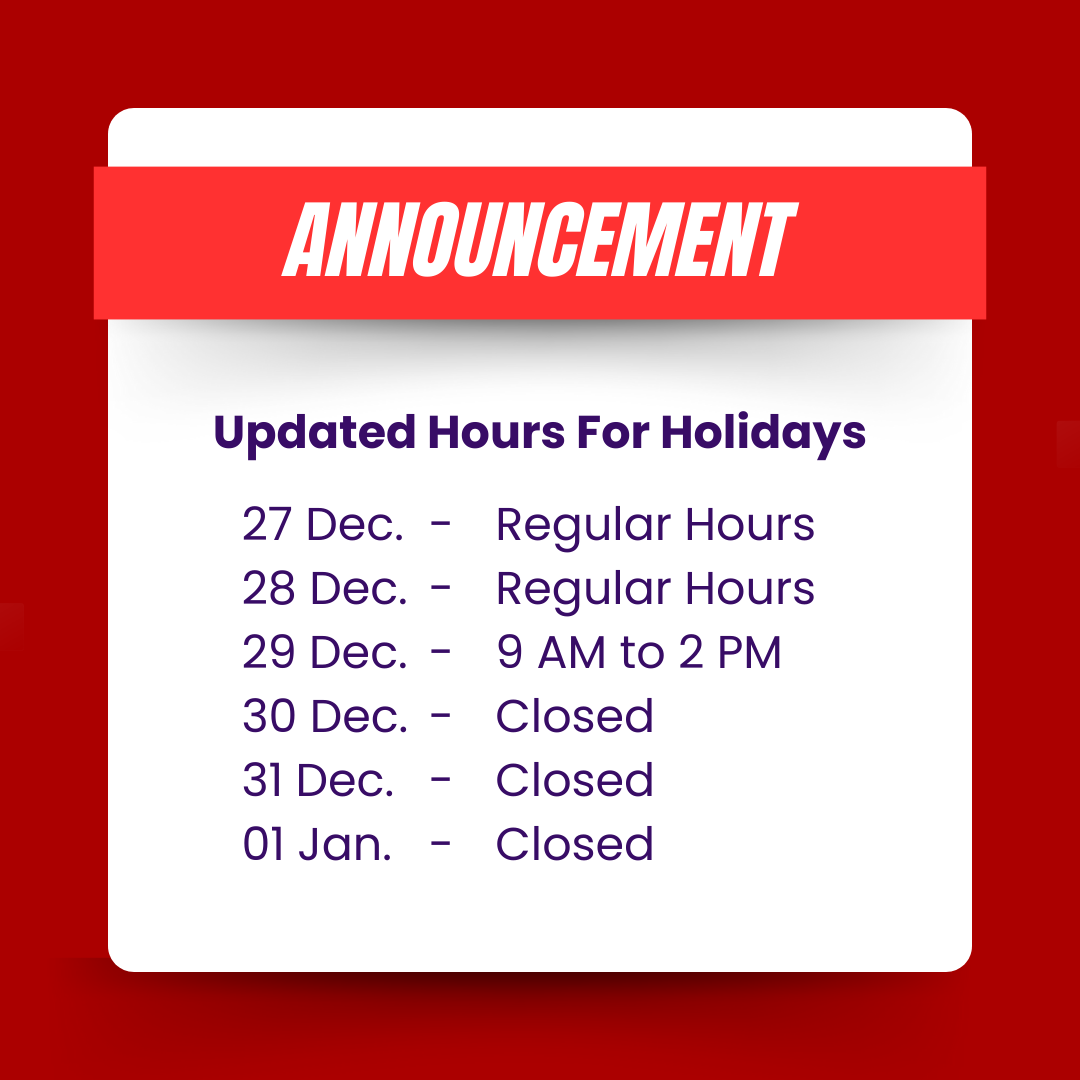Registering plates in Ontario is an essential step for vehicle owners, ensuring compliance with provincial regulations and facilitating legal operation on the roads. Whether you’re a new resident, recently purchased a vehicle, or need to replace existing plates, understanding the registration process is crucial.
This comprehensive guide navigates through the intricacies of registering plates in Ontario, providing step-by-step instructions and valuable insights to streamline the process seamlessly.
Understanding Plate Registration in Ontario
Before delving into the registration process, it’s vital to grasp the significance of plate registration in Ontario. Vehicle registration plates serve as unique identifiers for vehicles, aiding in law enforcement, taxation, and insurance purposes. In Ontario, the Ministry of Transportation (MTO) oversees vehicle registration and ensures compliance with provincial laws and regulations.
Eligibility for Plate Registration
To register plates in Ontario, certain eligibility criteria must be met. Generally, individuals must be residents of Ontario and possess valid identification and ownership documents for the vehicle. Additionally, vehicles must undergo safety inspections if applicable, and outstanding fines or fees related to the vehicle must be cleared before registration.
Documentation Requirements
Gathering the necessary documentation is a crucial aspect of the plate registration process. Individuals must provide proof of identity, such as a valid driver’s license or passport, along with ownership documents for the vehicle, which typically include a bill of sale or vehicle transfer form. Additionally, individuals may need to provide proof of insurance and undergo emissions testing if applicable.
Step-by-Step Plate Registration Process
- Complete the Application Form: Begin the registration process by obtaining an application form from a Service Ontario location or online through the official website. Fill out the form accurately, providing all required information, including personal details, vehicle information, and insurance details.
- Gather Required Documents: Gather all necessary documents as outlined in the application form instructions. Ensure that you have valid identification, ownership documents for the vehicle, proof of insurance, and any additional documentation required based on your specific circumstances.
- Visit a Service Ontario Location: Once you have completed the application form and gathered all required documents, visit a Service Ontario location to submit your application. Be prepared to wait in line and provide all necessary paperwork to the service representative.
- Pay Registration Fees: Upon submission of your application, you will be required to pay registration fees, which vary depending on factors such as vehicle type, weight, and usage. Acceptable payment methods typically include cash, debit, or credit card.
- Receive Registration Documents: After completing the registration process and paying the necessary fees, you will receive registration documents, including a license plate sticker and vehicle registration certificate. Affix the license plate sticker to your vehicle’s license plate as instructed.
- Install License Plates: Install the license plates on your vehicle following the guidelines provided by the MTO. Ensure that the plates are securely attached and clearly visible.
- Renewal and Maintenance: Keep track of your license plate renewal date to ensure timely renewal and avoid penalties. Additionally, promptly update your registration information in case of any changes, such as address or ownership.
Conclusion
Navigating the process of registering plates in Ontario may seem daunting at first glance, but with a clear understanding of the requirements and step-by-step guidance. It becomes more manageable. By adhering to eligibility criteria, gathering required documentation, and following the outlined registration process, vehicle owners can ensure compliance with provincial regulations and enjoy legal operation on the roads of Ontario. Remember, staying informed and proactive is key to a smooth registration experience.







